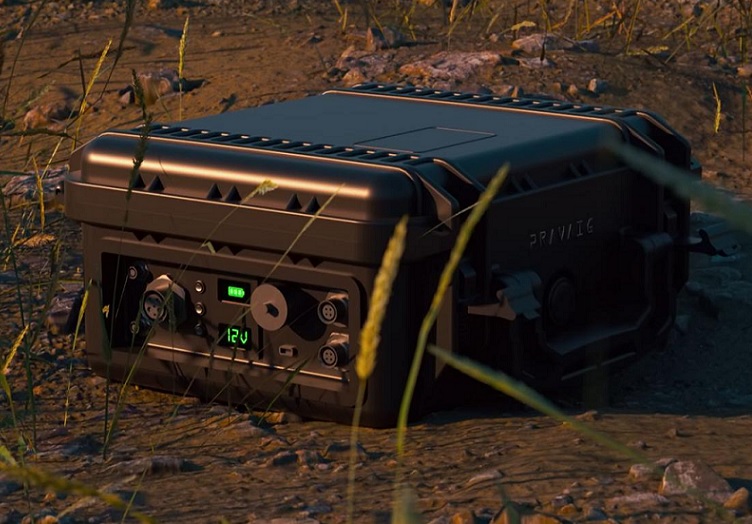News Highlights
A Bengaluru-based venture has produced a rugged tactical battery Pravaig Field Pack that it is now planning to sell to the North Atlantic Treaty Organisation (NATO) forces in Europe.
Why is it significant?
- The Pravaig Field Pack is one such tactical battery that aims to support the operational ability of modern soldiers in battlefield conditions.
- The heavy-duty power bank — Pravaig Field Pack — is portable and weighs 14 kilograms.
- The feld pack can be used to energise a military person’s feld duties and it can be used to deploy remote sensors.
- A powerful tactical battery can be used even to operate larger military equipment such as drones and it can even help coordinate tactical operations which involve multiple weapons systems.
North Atlantic Treaty Organisation (NATO)
- NATO is an intergovernmental military alliance based on the North Atlantic Treaty which was signed on 4 April 1949.
- Aim: NATO constitutes a system of collective security, whereby its independent member states agree to mutual defence in response to an attack by any external party.
- Head quarters: Brussels, Belgium
- Member Countries:
- 12 founding members of the Alliance – Belgium, Canada, Denmark, France, Italy, Iceland, Luxembourg, the Netherlands, Norway, Portugal, the UK and the US.
- The other members who later joined: Greece, Turkey, Germany, Spain, the Czech Republic, Hungary, Poland, Bulgaria, Estonia, Latvia, Lithuania, Romania, Slovakia, Slovenia, Albania, Croatia, Montenegro and North Macedonia.
- North Macedonia is the latest to join the grouping in the year 2020.
- Important events in the Emergence of NATO
- The founding members of NATO signed the North Atlantic Treaty on April 4, 1949, NATO’s primary purpose was to defend member nations from threats by communist countries.
- During the Cold War, NATO’s mission expanded to prevent nuclear war.
- After West Germany joined NATO, the communist countries formed the Warsaw Pact alliance
- In response, NATO adopted the “Massive Retaliation” policy. It promised to use nuclear weapons if members of the Pact attacked
- After the USSR dissolved in the early 1990s, NATO’s relationship with Russia thawed.
- In 1995 NATO engages in its first major crisis-management operation in Bosnia and Herzegovina
- In 1997, they signed the NATO-Russia Founding Act to build bilateral cooperation.
- In 2002, they formed the NATO-Russia Council to partner on shared security issues.
- NATO participates in three alliances that expand its influence beyond its 30 member countries
Content Sourcey: The Hindu



